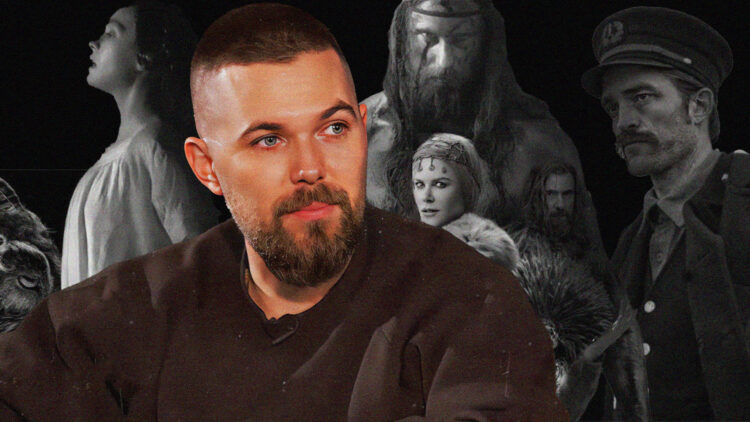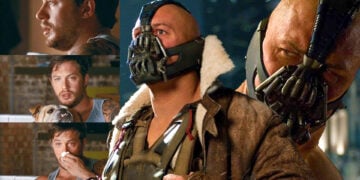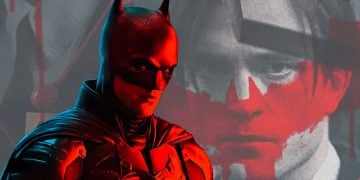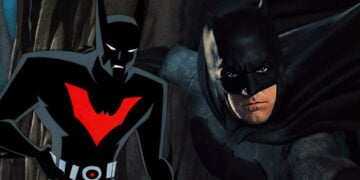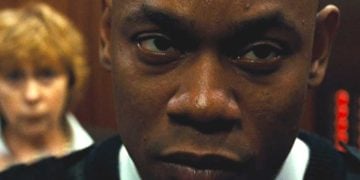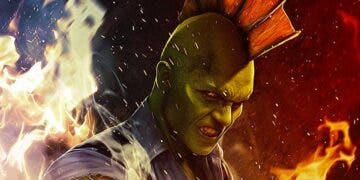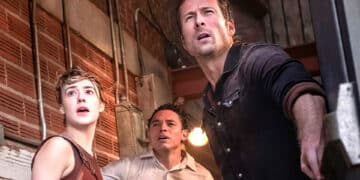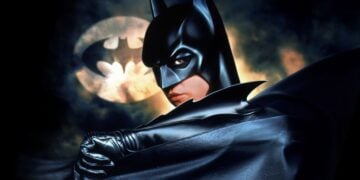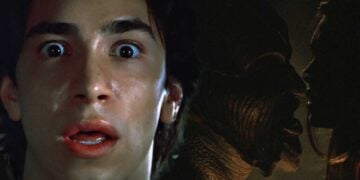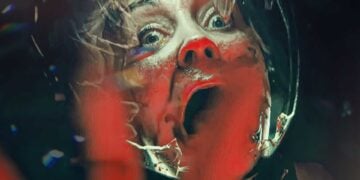With Nosferatu, Robert Eggers has firmly established himself as one of the premier horror directors of our time. His meticulous craftsmanship and dedication to authenticity have led many to draw parallels between him and some of the most legendary filmmakers of all time, including Stanley Kubrick. And it’s easy to see why.
The Search for the Next Kubrick
We’ve heard it countless times before – “So-and-so is definitely the next Stanley Kubrick.” It’s an argument film fans love to use to compare their favorite auteurs to one of the greatest minds in the filmmaking industry. And who wouldn’t want to be the next Stanley Kubrick? He directed timeless classics that are still revered by film buffs and filmmakers everywhere.
A filmmaker like Kubrick appears once every generation. Some might say that Quentin Tarantino took that mantle in the ’90s and that Christopher Nolan redefined cinema in the early 2010s. But who’s the next Kubrick now that cinema has seen a drastic shift towards more franchise-based feature films?
For all his achievements, Kubrick isn’t exactly the type of filmmaker you think of when recalling the most memorable horror films. Sure, he directed The Shining, but his take on the Stephen King story is more of a psychological thriller than an overtly spooky affair (something that enrages King to this day.) However, if we look at contemporary filmmakers, horror hound Robert Eggers seems destined to become the Stanley Kubrick of the A24 generation – and for good reason.
RELATED: The Two Most Watched Actors of 2024 According To Letterboxd
Robert Eggers Is Redefining Horror for a New Generation
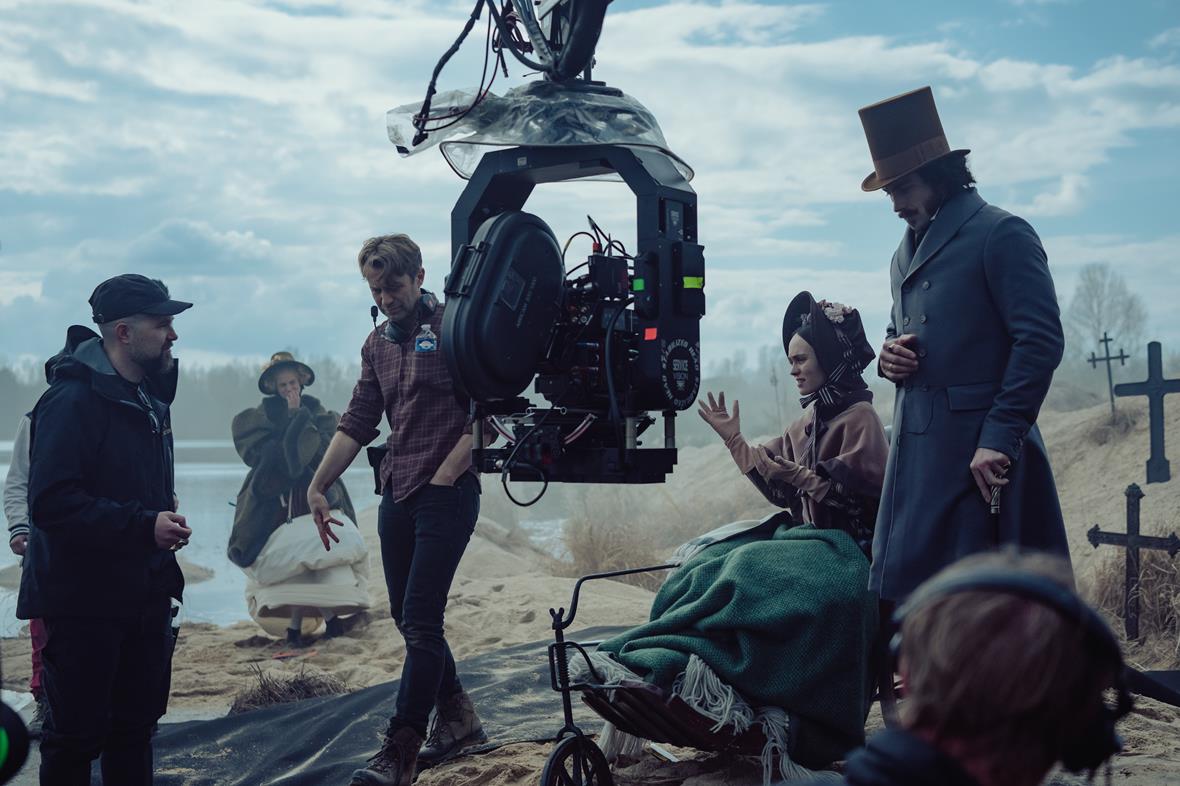
When Eggers burst onto the scene with The Witch, horror cinema was going through a radical transformation. After a decade of spooky found footage films and “haunted house” style shenanigans, horror filmmakers changed their approach to scariness by focusing on slow-burn stories and the power of psychological traumas to tell scarier horror stories.
Modern classics like The Babadook suddenly became all the rage among horror hounds, making something like The Witch irresistible to fans looking for something unlike anything they had seen before. Eggers movies were a far cry from the predictable jumpscares of the Paranormal Activity era, that’s for sure.
Seemingly overnight, every horror filmmaker wanted to be the next Robert Eggers – an honor that the director would continue to uphold as he got better with each new film.
RELATED: Movies Ineligible For The Best Picture Oscar in 2025 (Including Sonic 3 & Smile 2)
Mastering the Art of Reinvention
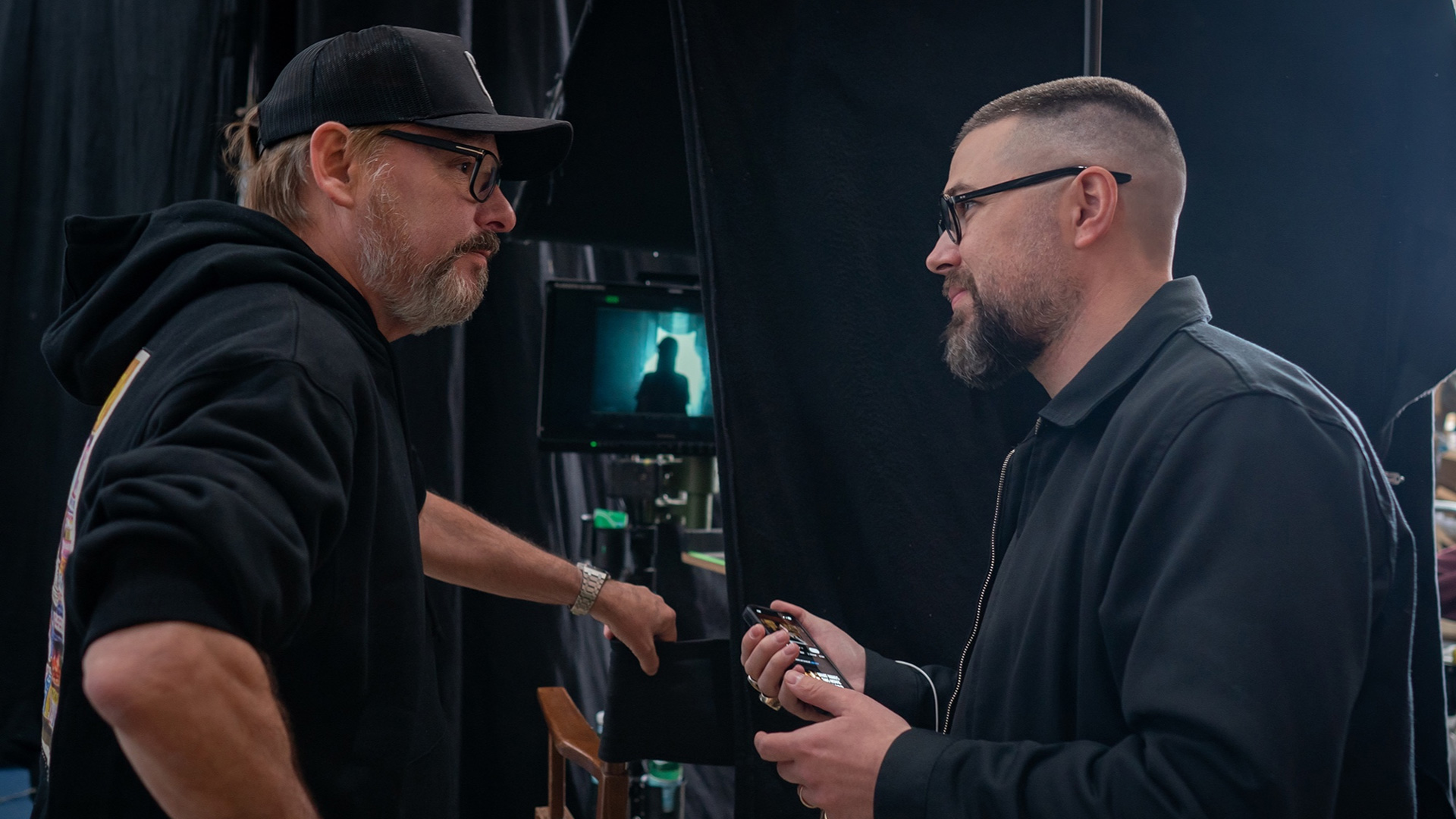
Most filmmakers would find a niche or a style that fits their working process and stick to it ad infinitum. Something that makes Eggers an oddity among his peers is that you never know what he might be planning for his next movie. Not every filmmaker jumps straight from a claustrophobic psychological horror like The Lighthouse to a historical epic like The Northman like it’s nothing. That’s something only someone like Eggers could do.
Even among his contemporaries like Ari Aster, Eggers’ fine eye for detail makes him a standout visionary in modern cinema. Where Aster excels at emotional devastation and surreal imagery, Eggers approaches each project with an almost academic obsession for historical accuracy and period-specific authenticity. It’s the same passion we saw in Kubrick’s Barry Lyndon, only here it works to elevate horror films into works of art.
Just as Kubrick demanded special NASA lenses for Barry Lyndon, Eggers won’t compromise his vision for convenience. He’ll spend months researching 19th-century lighthouse-keeping protocols or ensure every wooden cup in a 1630s New England setting is historically accurate.
RELATED: Nosferatu 1922, The First Vampire Movie Still Scares 100 Years Later
The Last of a Dying Breed
In an industry that puts profit over artistry, filmmakers like Eggers are becoming increasingly rare. I think it’s no exaggeration to say that he might be one of the finest auteurs in the industry today – especially after we saw what Francis Ford Coppola did with Megalopolis.
Horror used to be the “cheap” genre. Aspiring filmmakers flocked to the genre as it was easy to make and always guaranteed to turn a profit. But Eggers showed us that horror could transcend these commercial constraints and become a legitimate form of artistic expression. Through his meticulous craftsmanship and unflinching commitment to authenticity, he transformed primal human fears into haunting meditations on the human condition. Hey, perhaps he should work on a remake of The Shining. I bet Stephen King would love that.
RELATED: The 25 Best Movie Directors of All Time
Tell us, do you think Robert Eggers is the next Stanley Kubrick?


